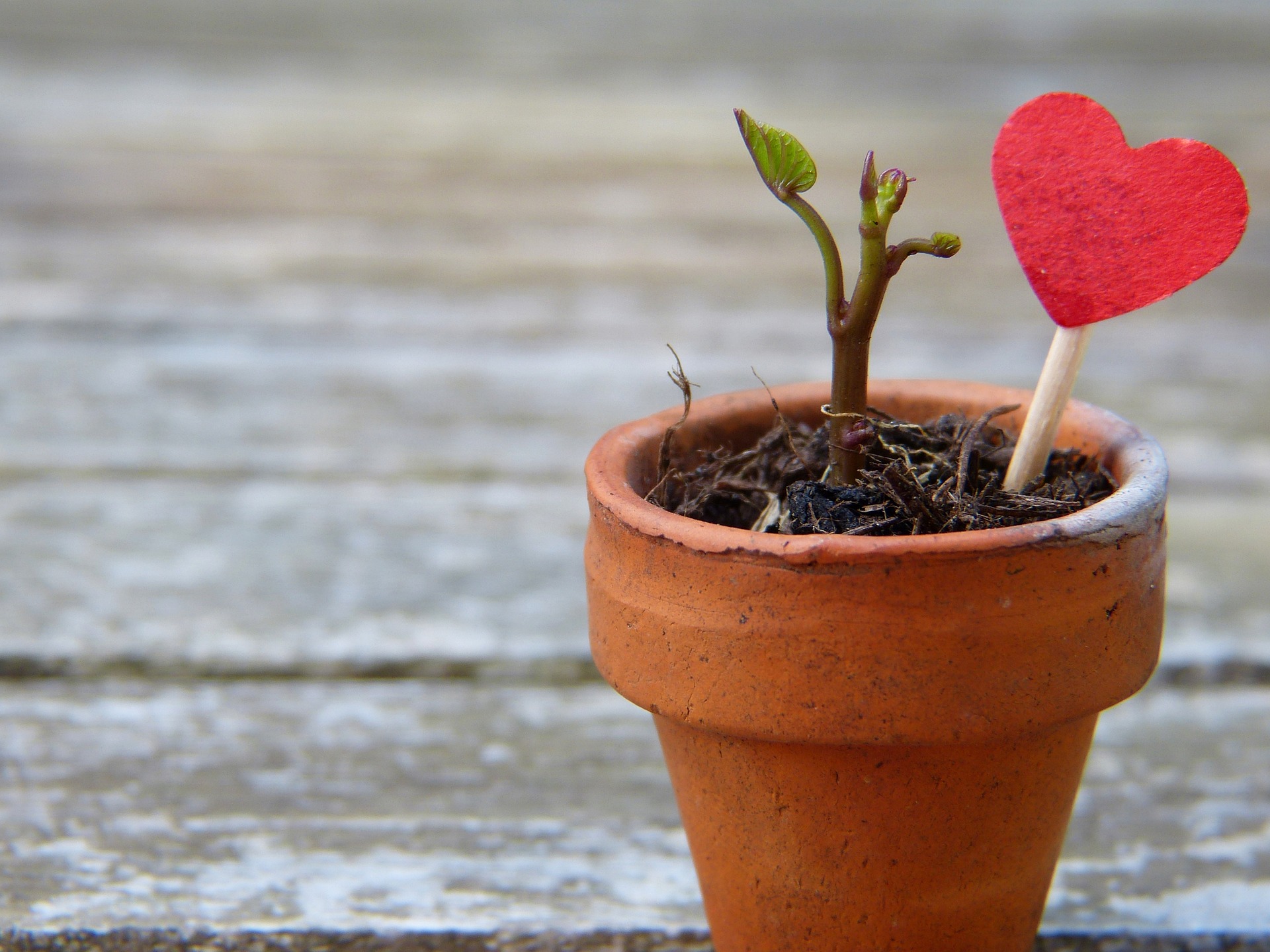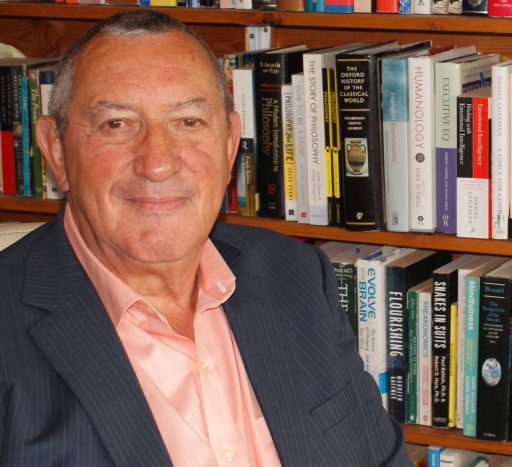One of the greatest ironies currently perplexing us is that we’re drowning in a sea of information, and yet we lack the answer to what it takes to be happy and feel fulfilled. Of course, people’s starting points vary.
Some are seriously fed up, feeling down all the time, and would give anything to just feel OK. Others are OK and want to feel better than OK. Yet others often feel great but occasionally blip when their mood drops. Most of us can probably identify with all three.
And if you have ever read anything about people in the past, you’ll know only too well that the quest for happiness has exercised us for much of human history.
Thinking about the irony that all our accumulated knowledge doesn’t seem to have done us much good when it comes to determining what is needed for a sustained, happy life, it’s also probably not a coincidence that when you look at all the different branches of medicine, a fantastic set of advances have been achieved: an end to many infectious diseases, advances in surgical techniques, more effective cancer treatments, improved diagnoses, and many others have all contributed to a healthier, longer-lived population (in the western world anyway). And given the advances in neuroscience, and greater understanding of what goes inside our heads and which bits of the brain are responsible for emotions and feelings, there is an anomaly.
Our mental health is declining. Not improving. And of the branches of medicine, which one is least at the forefront. Psychiatry. I have no doubt whatever that when it comes to dealing with the most severe of psychoses and other seriously debilitating mental disorders, psychiatrists are best places to help.
But what about more widespread states of mind, like low mood and unhappiness?
Perhaps there is no need to look to a medical professional for a ‘cure’. Particularly as the most common form of treatment is to prescribe drugs. And sometimes those drugs work, and sometimes they don’t.
What happened in the past when our ancestors lacked antidepressants? Some sought help from the ‘apothecary’, or herbalist, or shaman, or physician. Others recognised that unhappiness often occurred as a result of how we think.
Westerners are generally aware that Buddhists seem to have a way of calming the mind, but images of Buddhism may also invoke shaven heads, saffron robes, and years of meditation. That said, there is a growing awareness of mindfulness, and its benefits are becoming more widespread. We’ll look at why below.
Also raising growing interest is a philosophy that first came into being over 2,000 years ago, before being eclipsed by other philosophies: Stoicism. Although it is often stereotyped and mischaracterised as remaining aloof and dismissing all emotion, Stoicism actually has much in common with Buddhism; both fit well with what we know about how to live happier lives, and the benefits of both are being validated by modern science. Not only that, adopting core principles often brings about happier lives.
Perhaps these approaches need to be looked at more closely, given their extensive heritage, scientific validity and efficacy?
I strongly believe that understanding that happiness begins when we accept life is what it is, rather than trying to impose our wants and desires on life. This is why I believe that life should be the therapist, not some counsellor or psychotherapist we visit weekly to whom we look for ‘the cure’ or ‘the answer’.
Let’s look at a few examples.
We’re in busy traffic, complaining about the traffic. We seem to forget that we only complain about the traffic when we’re in a hurry AND we are in traffic, but seem oblivious that we are also contributing to the problem of busy roads. We get frustrated. We get annoyed with drivers in front who dawdle, and some of us honk their horns if the car in front hasn’t started to move within 0.1 seconds of the traffic light turning green. We groan at the queues ahead, at long lines of stationary traffic, and at selfish drivers who won’t give way to allow traffic in, while refusing to accord the same courtesy when WE are on the main road and refuse to yield to joining traffic. We may even note a bicycle moving up on our inside, and we drift in front of it to hold it up, even though we can’t make any forward progress. We have animated one-sided rants and tirades at other drivers, yet seem oblivious to the simple fact that they can’t hear us. We point aggressively at other drivers using their mobile phones instead of concentrating on making maximum progress, forgetting that 30 seconds ago we were on our phone to say that we’d been held up in traffic and would likely be late. We fume and our anger turns to incandescent rage…
Or you’re at the airport and your flight is delayed. It’s also a full flight, there seem to more than a few crying babies and grizzling children, everyone has enough bulky bags to clothe a city, and they’re all ahead of you. It’s a hot day and it seems antiperspirants are a thing of the past…
My pet version of hell is the supermarket on Christmas eve. You’ve been sent out to buy a single key ingredient, without which the family festivities will be doomed. You join the queues to the checkout. All the tills are in use and the queues stretch halfway down each aisle. Every customer seems to have two trolleys, each of which is groaning under the massive weight of a huge load of groceries and bottles, and every other customer has three uncontrolled young children incessantly picking items off the shelves to play with them. It looks as though it’s the first day on the job for most of the staff on the checkouts, and that the barcode scanners aren’t working because they’re scanning each item ten or twenty times before holding up the item while yelling, “how much are these….????”
Most of us can probably identify with each of these, and similar situations. We have probably all been angry, or at least impatient and frustrated in situations like these.
But a moment’s reflection — particularly now, when far removed from the actual situations — reveals that being angry, agitated, or anxious is a choice. That may seem hard to ‘get’ but think about it for a moment. Who MADE you angry, or anxious, or agitated? ‘The situation’ I hear you say. Really? Or is it the case that YOU made you angry, agitated and anxious.
You feel this SHOULD NOT BE HAPPENING TO YOU.
Sometimes you ask,”why does this ALWAYS happen to me when I am in a hurry?”, and, “God really hates me…”
What we are really accepting here is our view that this SHOULD NOT BE HAPPENING, and it is this which is making us agitated, angry and anxious.
We are getting angry because we think this SHOULD NOT BE HAPPENING.
Think about that for a moment. What we are reacting to is our view of the situation. If pressed, we would agree that we are helpless to change the situation around us: I suspect more than a few of us have prayed for divine help to de-materialise the line of traffic in front of us. Like that really might happen!
So what is the answer? Simple. Use our intelligence to recognise that things are as they are, and NOT as we wish them to be.
Yes, it may be ‘uncomfortable’ to accept that things are what they are. But the benefit of acceptance, rather than irrational anger, is clear: you are not going to have the same uncomfortable reaction than holding resolutely onto YOUR belief that it SHOULD NOT be happening!
So what has happened here? Simply that we have identified we’ve been unrealistic in our assessment, and it is THAT which has taken priority. Persistent worriers do this a lot; they imagine the worst possible outcome and then convince themselves that is what WILL HAPPEN. And they then get worked up and worried about what they imagine is going to happen. It’s our beliefs and interpretations that are the problem, not the situation itself.
Can we change the traffic? Supermarket queues? The future?
Identifying what we can change and what we cannot change is also important. It seems glib to say that we shouldn’t worry about things we cannot change. But thinking about that for a moment should show that getting worked up about things beyond our control is getting worked up and anxious about a belief we hold.
So let’s revisit the airport lounge. You can’t change the fact that your flight is delayed and that that the plane you’re going to board is still in the air, flying towards the airport. Notice some of the most agitated passengers, subtly jostling for an inch here and closing off a gap there as they try to edge forward. You all hold boarding cards with seat assignments, but there is a perception that it’s a race to board the aircraft. So what are you going to do? Join the edge-inexorably-forward the moment a 5mm gap appears? Gaze with hate-filled eyes at the passengers holding priority boarding passes? There is an announcement: the flight will board in 30 minutes. Many will groan but maintain their perceived advantage over the other five passengers on either side of them who are also psyched up to edge forward the moment a careless gap appears. What are you going to do?
Those who wander back to the duty-free shop or the bar will be able to enjoy the opportunity to shop, or relax. And accept things as they are, and not what we believe them to be.
None of the passengers can board the plane! But beliefs about that situation vary considerably. Some will get anxious, frustrated and agitated. Others relax and head for the bar. Same situation: differing reactions.
What does this teach us?
It’s not what happens. It’s our interpretation that matters.
Life is what it is. What we make of that is a judgment, and that judgement is ours to control. Even if we’ve got out of the habit of thinking we can. Buddhists and Stoics would both agree that acceptance of things as they are leads to a more tranquil state of mind, in a way that road rage and agitated impatience don’t.

